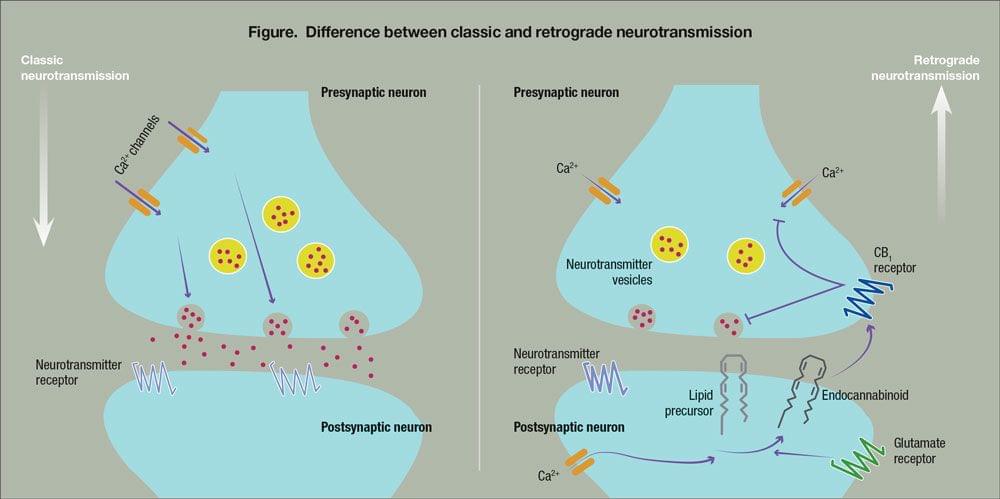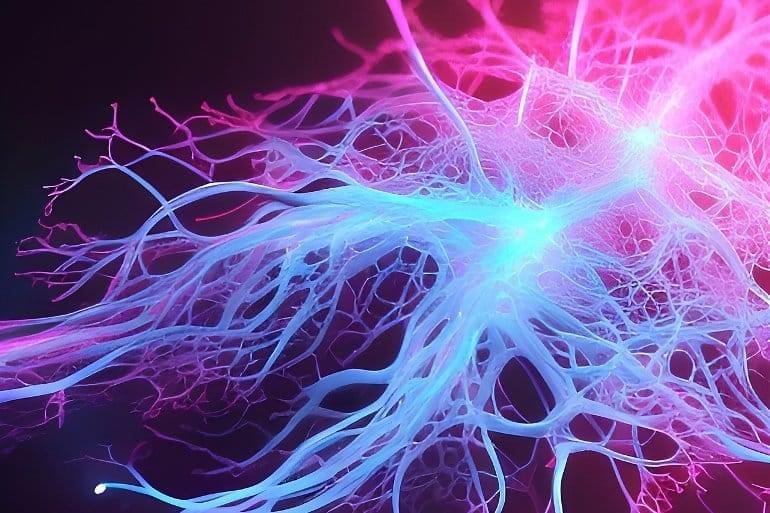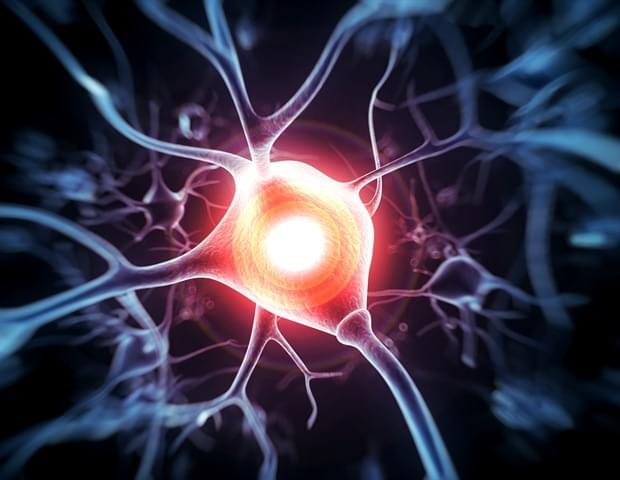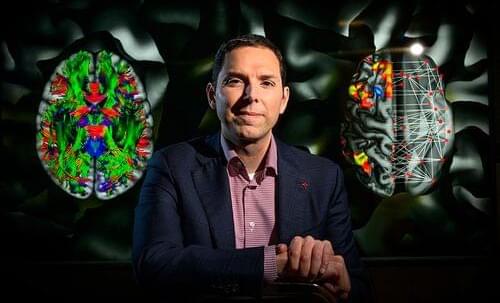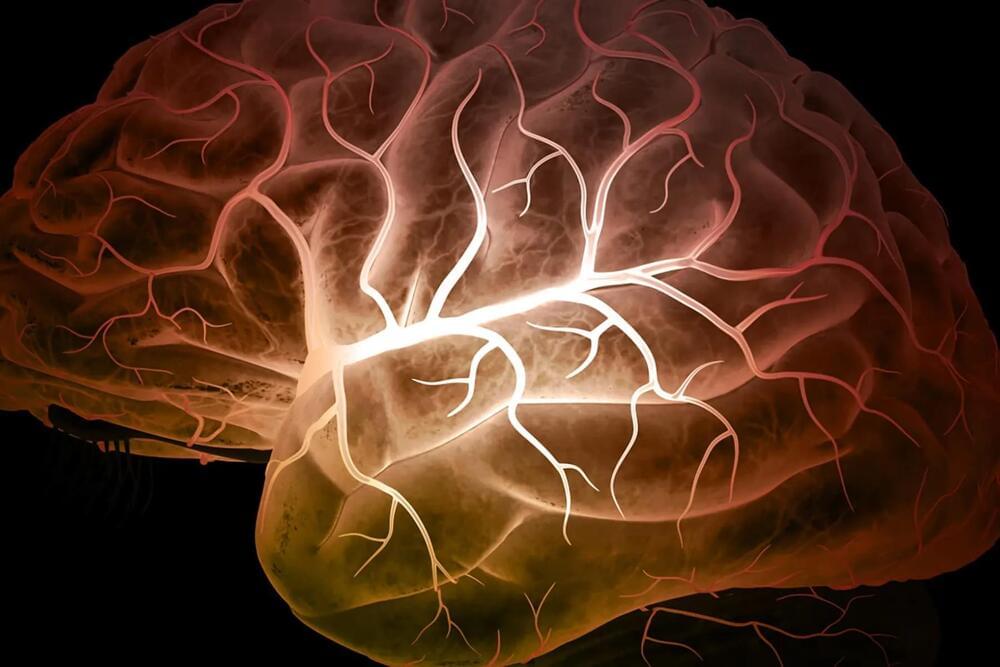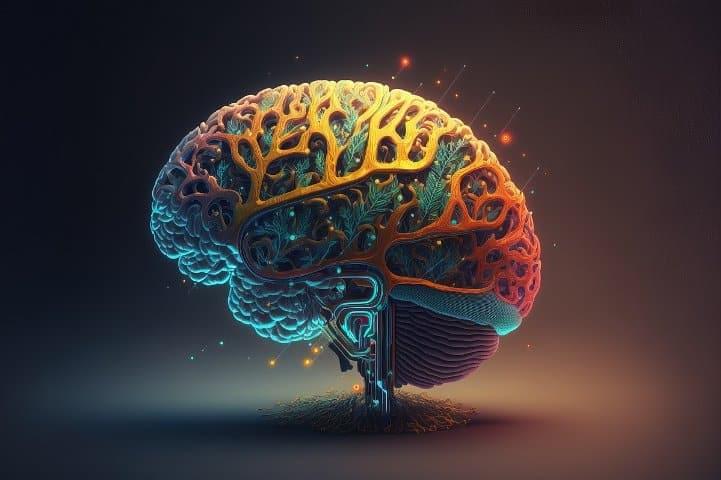😗 year 2017.
Psychiatrists and other behavioral health professionals need to better understand the relationship between cannabis and mental disorders so that they can respond to increasing medical and recreational marijuana use among their patients. More than half of states now allow for medical use, and 8 states and the District of Columbia have legalized adult personal or recreational use.
Knowledge about herbal cannabis, the endocannabinoid system, and cannabinoid pharmacology is rapidly expanding. However, compared with the literature on non-medical cannabis use, the scientific literature on therapeutic use of cannabis is underdeveloped, as noted in a recent systematic review of medical cannabis and mental health.1 Although herbal cannabis has a long history of medicinal use, its federal prohibition under the Controlled Substances Act of 1970 with Drug Enforcement Administration Schedule I status has focused the federally supported cannabis research agenda for half a century on the potential harms rather than on the historically acknowledged therapeutic benefits of this complex plant.
Medicinal potential of cannabis
For the sake of this discussion, herbal cannabis refers to plant material derived from the flowering tops of Cannabis indica, sativa, or ruderalis biotypes. Indica, sativa, and indica-sativa hybrid strains are commonly available on the medicinal cannabis market.
